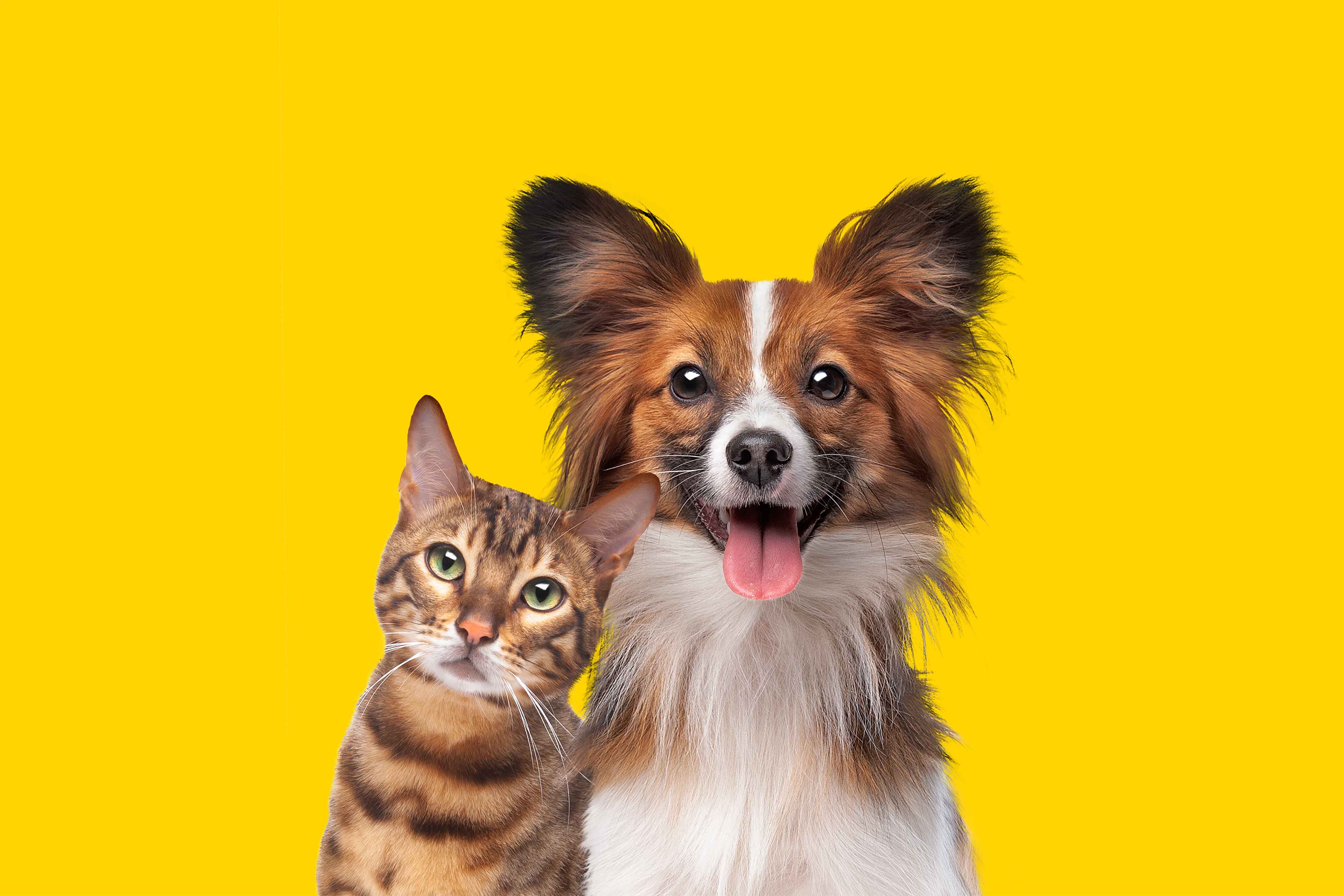You Wouldn't Feed This To Your Pet If You Could 'see' This Additive

10.8 BW Nonlead
https://www.barkandwhiskers.com/2015-06-01-nl-pet-food-ingredients/
https://www.barkandwhiskers.com/p/39086b37-7c67-4d5e-baea-59ee601cf773/
By Dr. Becker
Pet food producers are always looking for ways to increase the bottom line, and one of their strategies is to tap into constantly evolving consumer desires… whether or not they make sense for pets.
Kibble is probably one of the best examples of this strategy. Dry pet food was created for the convenience of humans, not for the health of their pets. The natural diet of dogs and cats – fresh, raw, whole prey -- is about as far removed from a bag of highly processed kibble as it gets.
These days, many pet guardians are knowledgeable about the ingredients in pet food and what constitutes a species-appropriate diet for their dog or cat. That’s one of the reasons major pet food companies spend so much money tweaking and advertising their kibble formulas. They’re trying to convince increasingly savvy pet owners of the “benefits” of their biologically inappropriate products.
Odor-Control Diets for People Who Think Their Pet Stinks
Recently, I was scanning a pet food industry journal and came across this:
“Research is constantly being conducted to determine the best ways to balance pet health and wellness and consumer desire to keep their furry friends from smelling up their homes.”1
Obviously, cats and dogs have no qualms about “smelling up the house,” so this is another example of how pet food producers use human desires to create formulas that may not be of much benefit to the animals eating them.
Healthy, well-cared for dogs and cats don’t smell up a house that is reasonably well-maintained, so who is the target consumer for a pet food that controls pet odors? Is it a person who doesn’t provide adequate care for their pet or their home? Or is it a person who can’t tolerate the fact that dogs and cats don’t smell like humans?
It seems to me that no matter how you view the situation, the problem is with the human, not the animal. A pet food designed to control pet odors won’t fix the underlying issues I’ve hypothesized, and my reasonable assumption is that it also won’t contribute in any meaningful way to the health of the pet.
The Quest for Odorless Pet Poop
One of the “odor control” ingredients the journal article mentions is yucca schidigera extract. Yucca schidigera is a flowering desert shrub-tree in the lily family that is native to the deserts of southeastern California, Baja California, New Mexico, southern Nevada and Arizona.
Yucca schidigera is thought to be “capable of reducing waste odor in dogs and cats.” According to one report:
“Yucca ingestion generally improves the character and intensity of canine and feline aroma. The overall decrease in fecal offensiveness is 26%...
Owners are able to detect the effect of yucca on a group level, but it is unknown whether the degree of odor amelioration can be considered relevant in practice. In any event, a material portion of pet owners will not experience a beneficial impact of yucca.
The 12 studies indicate that a dose of 125 mg yucca preparation/kg dry food generally is effective, but higher doses might have more impact.”2
I’m not a fan of dietary additives that are marketed to do things like “decrease fecal offensiveness.” For starters, poop is a waste product -- it isn’t supposed to smell like roses, but it shouldn’t be a near-death experience, either. Secondly, anything that works from the inside out to change the smell of normal feces in a healthy animal is by necessity interfering in some way with the metabolic process.
A better approach is to figure out why your pet’s poop is that obnoxiously stinky. Usually, the culprit is a biologically inappropriate diet loaded with species-inappropriate ingredients.
In addition, yucca extract contains soap-like components called saponins, which are anti-nutrients that interfere with absorption of essential nutrients. Yucca fed short-term is fine, but yucca fed indefinitely isn’t a wise idea.
If your pet’s poop seems fouler smelling than it should, my first recommendation is to transition your dog or cat to a balanced, species-appropriate, organic, and GMO-free diet. When healthy pets are fed a balanced, natural, fresh diet, excess fecal odor shouldn’t occur, and there will also be a smaller volume of poop.
Foods will be healthfully broken down, digested, and absorbed as nature intended, resulting in the production of feces that aren’t that big a deal (literally). Not big and not stinky.
If your pet is eating an excellent quality species-appropriate diet and his poop still seems malodorous, a visit to your veterinarian is in order to check for a possible underlying health problem.
Yucca Schidigera for Joint Discomfort
With all that said, yucca schidigera does have application in certain situations.
According to master herbalist Greg Tilford in his book Herbs for Pets: The Natural Way to Enhance Your Pet's Life, yucca may be of help to dogs suffering from joint problems, arthritis, or hip dysplasia. It can act as a sort of natural steroid to help stimulate the body to make and use its own corticosteroids and related hormones.3
However, yucca must be used in moderation and should be given to treat a specific condition rather than for everyday, forever use. Too much yucca over long periods of time can irritate the digestive tract, causing loose stools and reversing its benefits.
My recommendation is to avoid feeding commercial pet foods containing yucca on a regular basis, and instead address the real reason your pet has malodorous stools, which is usually the diet. If you’re interested in exploring yucca’s use for a specific health concern, do so under the guidance of a holistic veterinarian or herbalist who can offer dosing guidelines appropriate for your pet’s medical condition.


